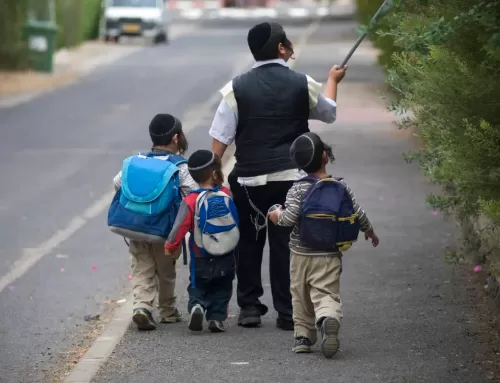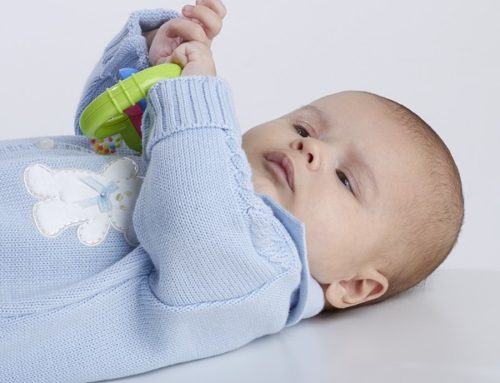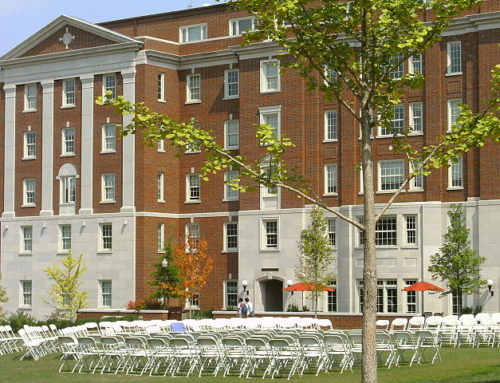A recent wave of violent crime has roiled the city of Atlanta, amplifying tensions in a community still reeling from the coronavirus pandemic and a debate over policing and race. Atlanta’s problems highlight the challenges of Atlanta Mayor Keisha Bottoms, who is on a short list to be selected by Joe Biden to be his Vice Presidential running mate.
Last month, Atlanta saw some of the largest protests in the country after the May 25 killing of George Floyd in Minneapolis sparked national outrage. Those demonstrations intensified after the killing of Mr. Brooks, a 27-year-old Black man.
Thomas Abt, a senior fellow at the Council on Criminal Justice, a think tank that conducts research on criminal justice and offers policy recommendations said, “Poor people of color are getting hit hard by both epidemics. That strain can produce more conflict and more violence.”
Mayor Bottoms condemned the violence but said city officials did not believe it was necessary to mobilize the National Guard. “To me, it speaks to showmanship and this need to show that there are tanks on the streets of Atlanta,”
Academics attribute the increase to a confluence of factors, including high unemployment rates, the easing of social distancing patterns as states reopen, and a breakdown of trust between law enforcement and communities of color
The uptick in gun violence has mirrored a trend in cities across the U.S., such as Chicago, New York and Philadelphia, where police departments reported a higher number of shootings and homicides compared with the same period last year.
Atlanta has seen a particularly dramatic rise in violent crime, compounding the unrest in a city that has been a center of protests over police brutality and racial justice.
As of July 11, 106 people were shot over a 28-day period, marking a sharp increase from 40 people during the same period in 2019, according to data compiled by the Atlanta Police Department.
The police union has publicly stated that officers have stopped policing as aggressively, after what they see as an antipolice sentiment developed among local officials after the killing of Rayshard Brooks by an Atlanta police officer in a Wendy’s parking lot on June 12.
Last week, Gov. Brian Kemp, who decried recent violence as a “trend of lawlessness,” extended until July 27 a state of emergency that authorized the deployment of up to 1,000 National Guard troops in Georgia. Mr. Kemp, a Republican, had initially signed the executive order following a string of shootings in Atlanta over the Fourth of July weekend that left 31 people injured and five dead.
Originally published in the Sarasota Herald-Tribune



